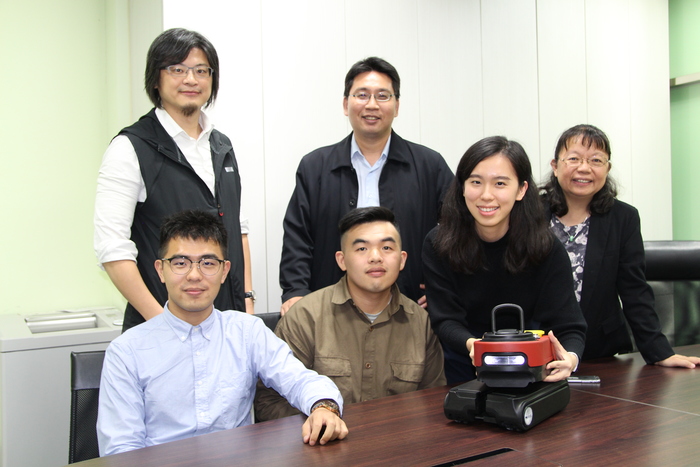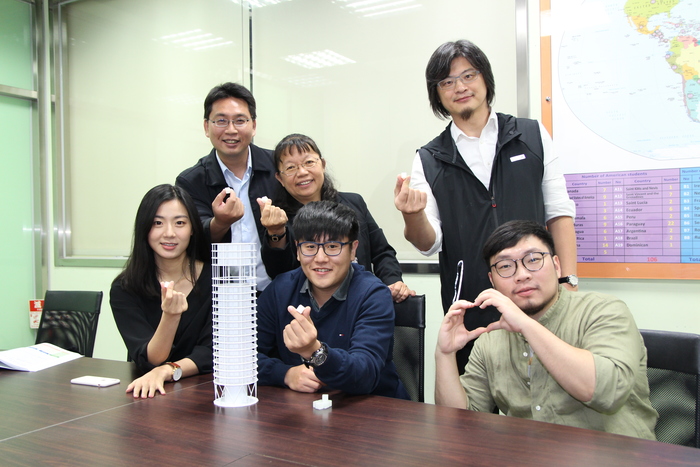Taipei Tech PBL takes one step forward to international academic-industry collaboration


The Higher Education Sprout Project, launched by the Ministry of Education, has been facilitating more dynamic teaching and learning methods for college students in Taiwan. The project has also enabled Taipei Tech, one of the members in the project, to implement the Problem-Based Learning (PBL) for years (link) that
This time, the PBL in Taipei Tech was not a mere international laboratory for college students to make exercises, but instead, it was scaled up to the international academic-industry collaboration.
Taipei Tech joined forces with Osaka Institute of Technology (OIT) in Japan and Koomin University in South Korea to come up with better ideas for the products of Yanmar Holdings, the Japanese diesel engine manufacturer. Each university sent the students to participate in this project lasting for two months. It was also first for Taipei Tech and even for Taiwan to have partnered with industries overseas.
“Yanmoo” is one of the works under the designated topic –the modern cow and the future dwelling - assigned by Yanmar.
Similar to Taiwan, Japan is facing the aging agriculture workforce that is likely to bring a negative impact on the industry. Dr. Matsui, Chair of the department of robot in OIT, introduced the students to the field research in Kyoto, where they were able to interview the farmers over the use of agriculture machine.
Recognizing the problems, the students embarked on designing the helper bot, “Yanmoo”, which functions as a labor-saving machine out of the needs of the senior farmers. Within a few touches on smartphones, the helper bot is activated to help seed and plow at a designated speech, direction, and frequency.
Two weeks were spent in Japan learning the production and figuring out the problems to generate a design. The samples and testing were then finished in South Korea. Finally, “Yanmoo” was assembled in Taipei Tech, Taiwan.
The students from the three universities are mainly mechanical, electromechanical and design majors. The project challenges these students on cost management, cross-disciplinary collaboration, creativity and problem solving in an international environment. It is considered to be offering a great opportunity for students not just to try to solve the problems, but also broaden their horizons.
“Participating in the actual research, design, and assembling educates students in the way that spurs the growth on the practical ability and the cross-disciplinary skills,” said President Wang. “The experiences accumulated during the project gets them well-prepared for their future career.”